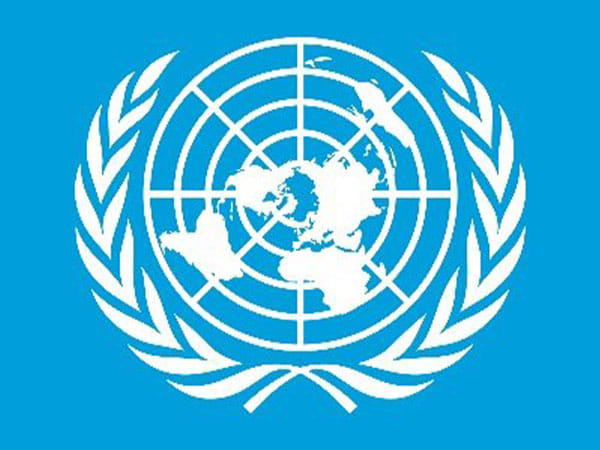Thank you dear subscribers, we are overwhelmed with your response.
Your Turn is a unique section from ThePrint featuring points of view from its subscribers. If you are a subscriber, have a point of view, please send it to us. If not, do subscribe here: https://englishdev.theprint.in/subscribe/
His orientation exhibits how much important International Law is in order to regulate the behavior of a State while maintaining a certain world order. This orientation is particularly relevant in today’s globalized world, in which cooperation and adherence to International Law is critical to address all challenges that the world is right now facing. Prof. Brierly has said “To the extent that sovereignty has come to imply that there is something inherent in the nature of States that makes it impossible for them to be subjected to law, it is a false document which the facts of international relations do not support. But to the extent that it reminds us that the subjection of States to law is an aim as yet only very imperfectly realized, and one which presents the most formidable difficulties, it is a doctrine which we can not afford to disregard”.
It is very obvious that the independence of small States (or relatively small State with respect to its big neighbor) in recent years has been violated so brazenly that to some observers the complete principles of equal protection before law appears to be completely abstract. In the present day International Law, the way it operates has no legislature mechanism in order to impose a legal bind on a State who does dissent. In the current state of world it is Cold War 2.0 along with a very intense economic interdependence. This has led to the conclusion that no one country can completely manufacture everything as it is not financially viable. Therefore, it has led in many ways to testing times of the supply chain especially during pandemic and its resilience in bilateral trade. So, it has led to proliferation of sovereignty among nation-states.
Traditional definition of sovereignty means to be independent in both domestic and foreign affairs but today the kind of global trade that is in progress is only making countries sovereign in theory and not practice. So, if nation-states do not have sovereignty, then they are not equal to each other both in theory and practice. And also, it must be understood that as long as the threat or use of force is not controlled, as well as a judiciously prepared means for settling a dispute is not availed, then as per classical realism (domain of International Relations) might is right and it will dominate. World leaders and foreign ministers of countries have to use the correct language, for example there is nothing called ‘rules based order’, instead one must say ‘adherence to International Law’; world order has to develop.
These pieces are being published as they have been received – they have not been edited/fact-checked by ThePrint.


